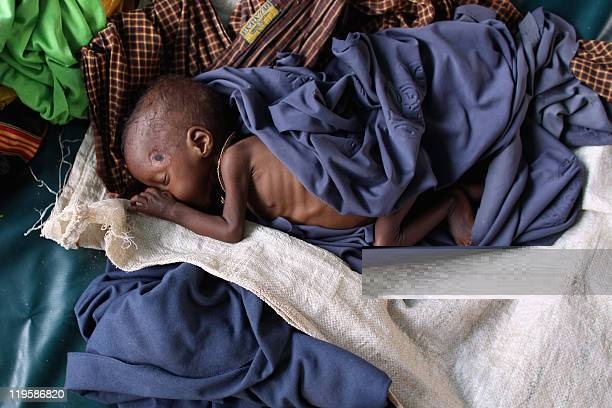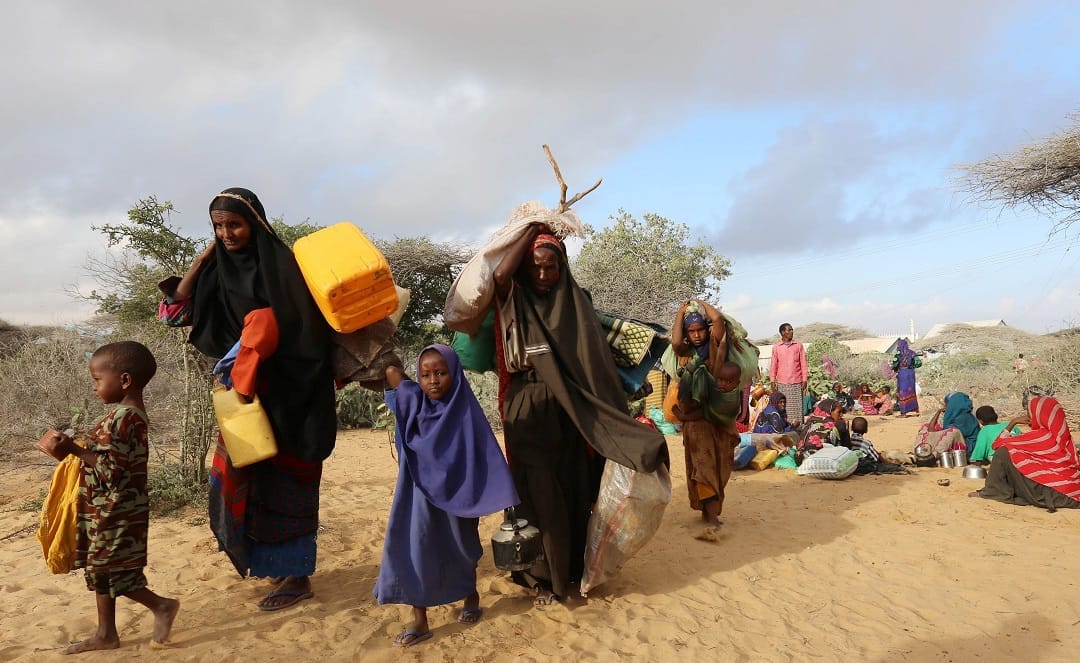FOOD SECURITY AND LIVELIHOODS
Food security and livelihoods are critical concerns for populations in Somalia, a country that has long faced systemic challenges such as political instability, prolonged conflicts, climate change effects, and economic fragility. Below are some general examination of Somali’s food security situation and its impacts on the vulnerable population.
Prevalence of
Food Insecurity

Malnutrition and
Health Implications

Deteriorating
Livelihoods
Displacement and
Camp Conditions
Urgent Interventions Needed
Emergency Food Assistance
Enhancing Agricultural Resilience
Promoting Livelihood Diversification
Strengthening Market Systems
Thus, the food security and livelihoods situation in Somalia poses significant challenges for the vulnerable population and therefore urgent concerted humanitarian interventions are essential in providing immediate relief and build resilience in the long term. By focusing on emergency food assistance, agricultural resilience, livelihood diversification, and market strengthening interventions can help address the negative impacts of food insecurity and provide hope for a better future in Somalia.
